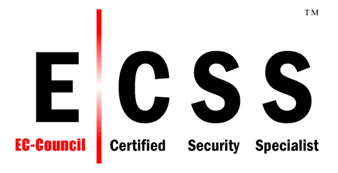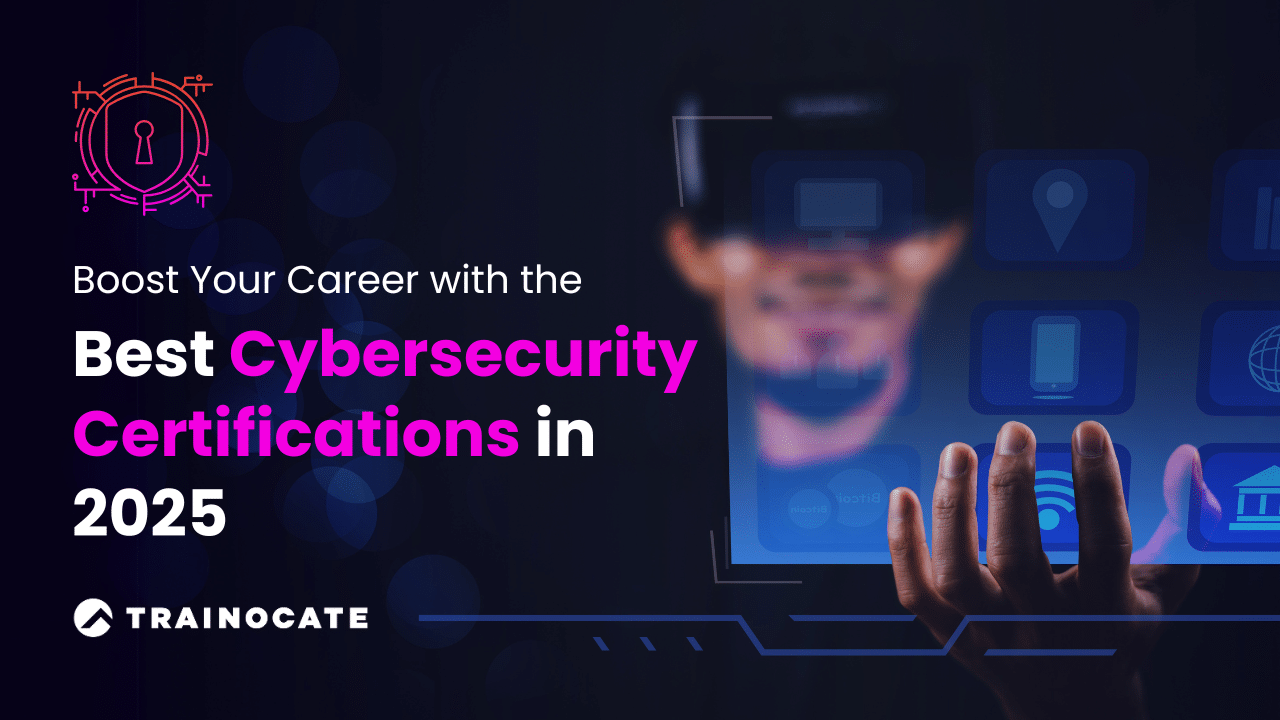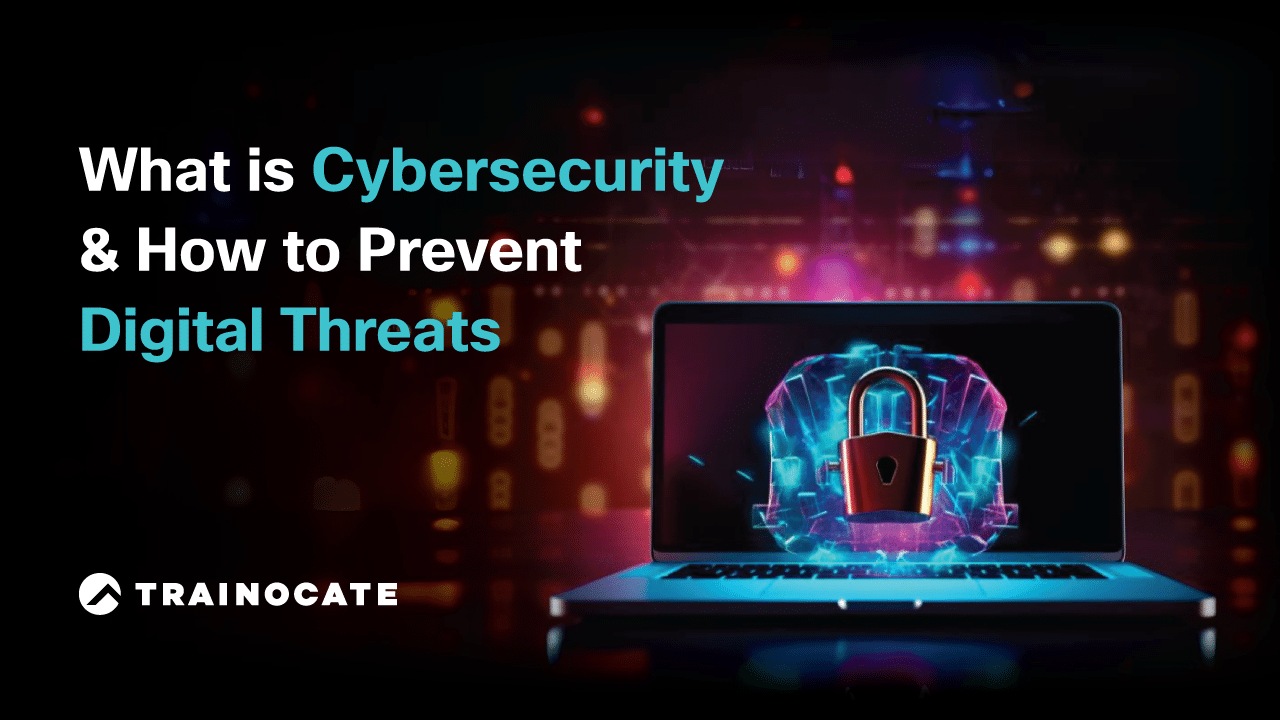

Certified Security Specialist
Foundation Level
A foundational cybersecurity certification covering key areas in information security, network security, and ethical hacking.
ECSS is designed for individuals starting their journey into cybersecurity. It provides basic understanding of information security principles, network defense mechanisms and ethical hacking techniques It’s ideal for students, entry-level professionals, or anyone switching to a cybersecurity career.
Learn the fundamentals of information security, network defense, and ethical hacking in one beginner-friendly course.
EC-Council Certified Security Specialist (ECSS) is an entry level cybersecurity certification covering the fundamental concepts of information security, computer forensics, and network security.
It enables students to identify information security threats which reflect on the security posture of the organization and implement general security controls.
Skills measured:
Who is this for?
Cyber threats are rising in Malaysia — but trained professionals remain in short supply.
The email security market is expected to double in size to $10 billion in the next 7 years, showing the growing need for protection against phishing and business email compromise.
(BEC)
The Attack Surface Management market is growing 31% annually and projected to exceed $4 billion by 2032, highlighting rising concerns about unpatched and exposed assets.
(Cyble – Defending Against the 9 Most Common Attack Vectors 2025)
The Data Loss Prevention (DLP) market is growing at 20%+ yearly, expected to reach $10 billion by 2030, underlining insider threats and data leak concerns.
(Cyble – Defending Against the 9 Most Common Attack Vectors 2025)
Why choose Trainocate?
Trainocate is an EC-Council Authorized Partner in Malaysia, trusted by top enterprises for delivering cybersecurity training led by instructors with real-world experience. With flexible learning formats (virtual or in-person) and dedicated local support, Trainocate ensures a practical, high-quality learning experience tailored for Malaysian professionals.







